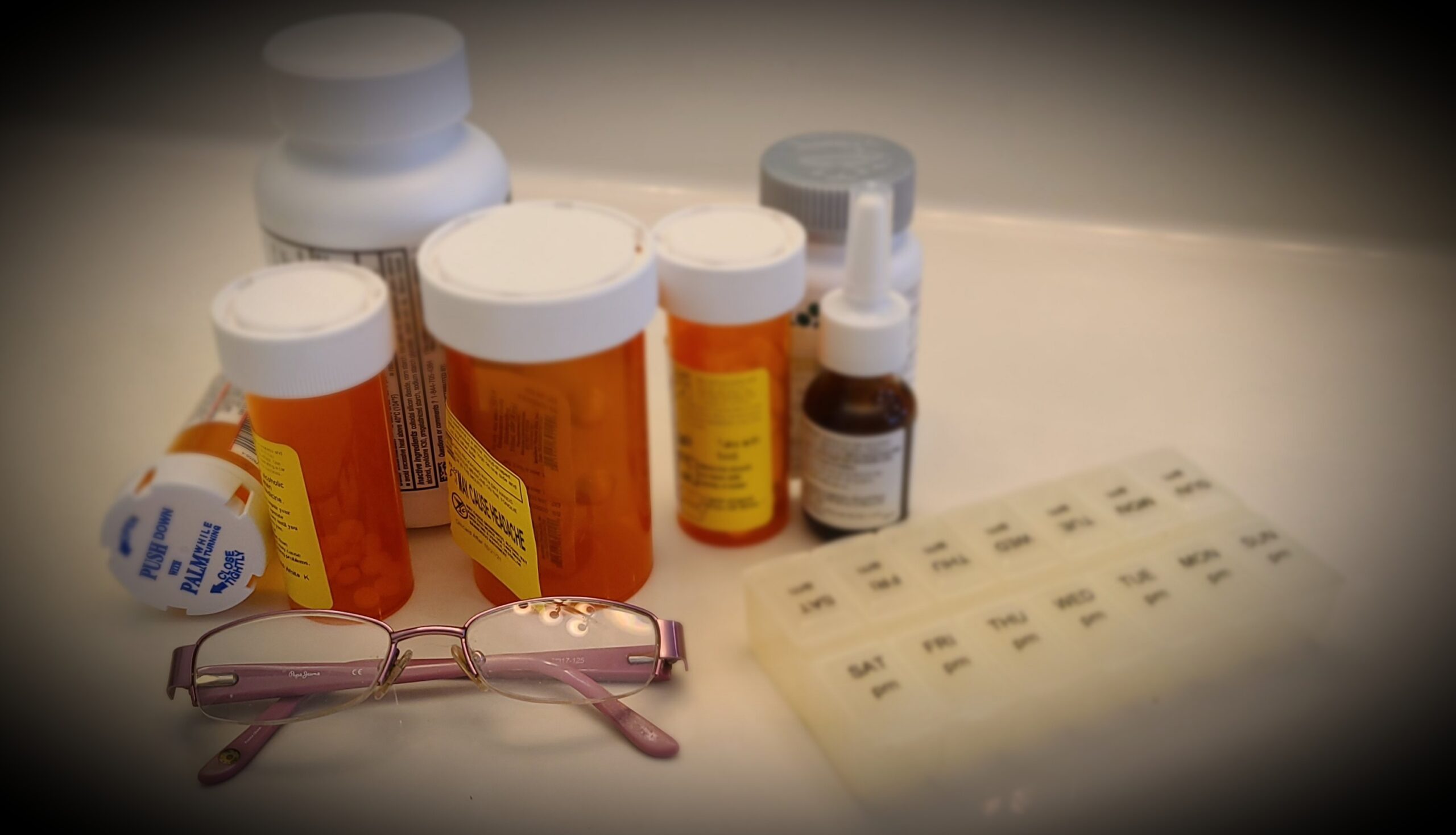Why Our Risk of Falling Increases With Age

Our last posting, Impact of a Fall, described how just one fall quickly transformed a Wilmington senior’s life from independence and freedom to dependence and loss. We shared this story because it is one of many examples of just how dangerous one fall can be. Understanding this is the first step to fall prevention.
The second step is to understand that our risk of falling increases as we age.
Why are Seniors More at Risk of Falling?
Specific physical changes make us more susceptible to a fall than when we were younger.
- Vision decline. Some falls occur because we fail to see tripping hazards such as an object on the ground, a curb, a step, or a simple transition piece. Older eyes may not adjust as quickly when moving from a dark environment to the bright outdoors or vice versa.
- Leg weakness. Other falls occur because leg weakness makes walking more difficult. Weaker legs may also not adjust as quickly as needed to something unexpected such as a curb, an object on the floor, or a more slippery surface. Weakness in legs can also keep seniors from lifting their feet enough to avoid tripping on something as simple as a throw rug or a door threshold.
- Drug effects or interactions. Some drugs can interact to cause dizziness or balance issues. Other drugs can affect the amount of blood flow to the brain, increasing a person’s fall risk. One reason this affects seniors more is because, on average, seniors take more prescription medications. A recent IMS Health study found that the annual per capital prescriptions filled in North Carolina for those 19-64 was half the number filled for those 65+ (10.4 compared with 21.6). In the US as a whole, the number of prescriptions was 12.4 for those under 65 compared with 27 for those 65+. Dizziness is not only a side effect of some medications, but also a side effect of stopping some medications. While this only addresses the use of prescription medications, dizziness can also be a side effect of some over-the-counter medications.
How Can We Prevent Falls?
There are a number of different areas to consider. We have listed these areas below and will go into more detail on each of them in our next and final posting of this Fall Prevention series.
- Know the side effects of your medications as well as possible interactions.
- Make your home a safe environment.
- Slow down, especially when changing position.
- Wear safe footwear.
- Do NOT make it a habit to "furniture walk".
- Use your cane or walker if you have one.
- Take care of the rest of your physical health.
- Let someone know if you are having dizzy spells or balance issues!
Subscribe
Date: November 5, 2020


